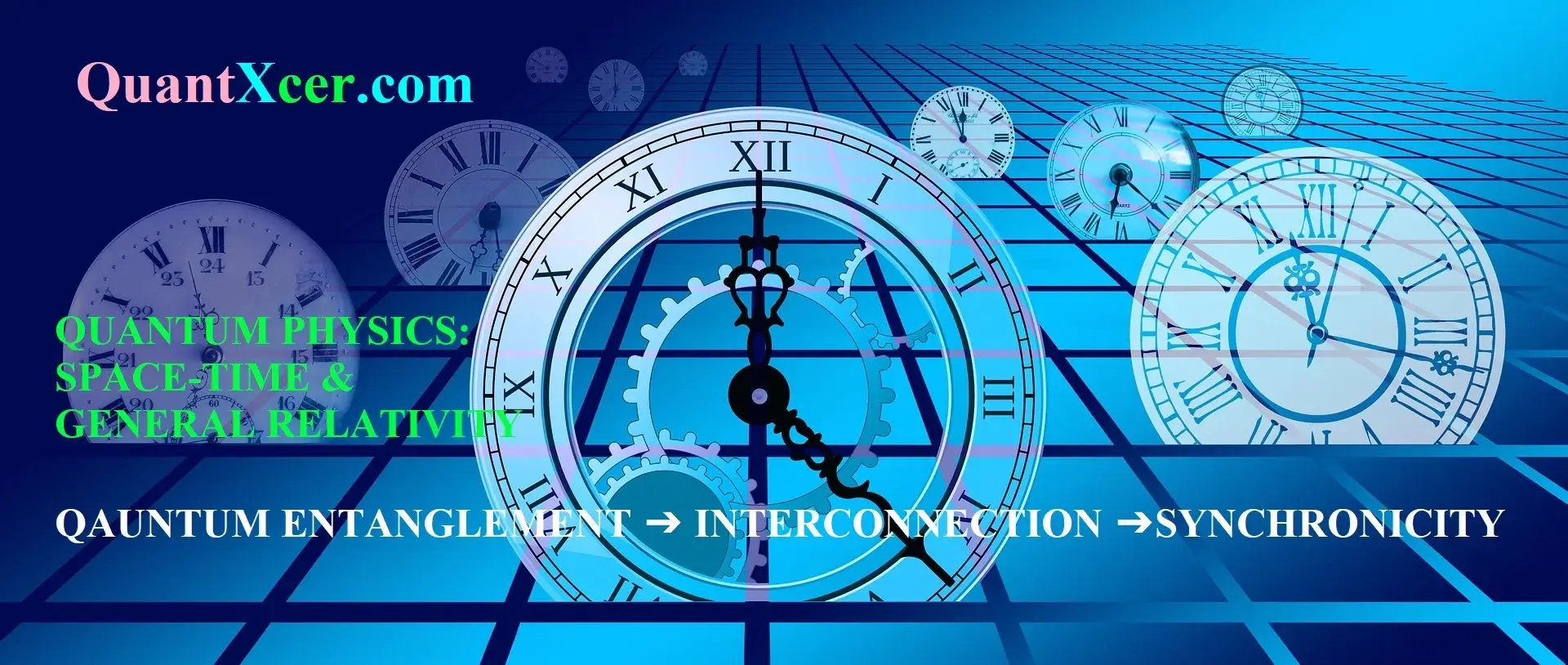QUANTUM BIOLOGY : ALGAE HAVE EVOLVED THE ABILITY TO TURN ON AND OFF QUANTUM COHERENCE
Researchers in quantum biology field have figured out how algae that can tolerate very little light can turn on and off a peculiar quantum process that
takes place during photosynthesis. It is not known how this quantum phenomenon, known as coherence, affects algae, although it is theorised
that it might increase how effectively they use solar energy.
Understanding its function in a living thing could result in new technological developments like improved organic solar cells and quantum-based
electronics.

The research has been released in the Proceedings of the National Academy of Sciences journal.
It is a component of a developing area called quantum biology, where there is mounting evidence that quantum phenomena exist outside of the
lab and may even explain how birds may use the earth's magnetic field for navigation.
According to the researchers microscopic single-celled algae called cryptophytes were researched that survive in the bottom of pools of water or under thick ice, where very little light reaches them.
The majority of cryptophytes feature a light-harvesting setup with quantum coherence. However, we have discovered a group of cryptophytes
where it is disabled as a result of a genetic mutation that modifies the structure of a light-harvesting protein".
"What a wonderful discovery! It implies that by contrasting animals with the two various types of proteins, we will be able to learn more
about the function of quantum coherence in photosynthesis".
A coherent system-one in which all quantum waves are in sync with one another-can exist in multiple states at once in the
strange realm of quantum physics. This phenomenon is referred to as superposition. Normally, this effect can only be seen in well
controlled laboratory settings.
Consequently, the researchers group was taken aback when they learned that the energy transfer between molecules in the light
collecting systems from two different cryptophyte species was coherent.
Green sulphur bacteria, which can also survive at extremely low light levels, have the similar effect.
According to them "the hypothesis is that this could boost the effectiveness of photosynthesis, allowing the algae and
bacteria to thrive on nearly minimal light."
"Once a light-harvesting protein has trapped solar energy, it needs to transfer that energy as quickly as possible to
the reaction centre in the cell, where it is transformed into chemical energy for the organism".
"It was believed that the energy enters the reaction centre in an arbitrary way, like a drunken person staggering home.
However, before choosing the fastest option, the energy could test every conceivable pathway concurrently because to quantum coherence.
In the latest research, the scientists determined the crystal structure of the light-harvesting complexes from three different
species of cryptophytes using x-ray crystallography.
They discovered that in two species, a genetic mutation resulted in the insertion of an additional amino acid, altering the protein
complex's structure and causing coherence to break down.
According to the researchers : "This demonstrates that cryptophytes have evolved an elegant but powerful genetic switch to govern coherence
and vary the mechanisms used for light harvesting."
The biology of various cryptophytes will be compared in the following phase in order to determine whether the quantum coherence effect is helping them survive, including whether they occupy different environmental niches.
